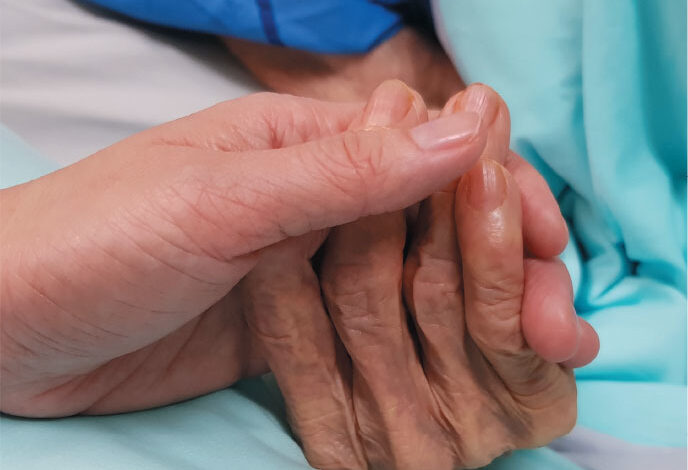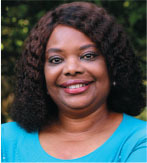
The Time Is Now
BY , MSN, BSN, NE-BC, CCM, FAAN
This issue of CMSA Today is one of the most important of the year, and the articles are timely and relevant for patients, families, caregivers, patients’ support systems and healthcare personnel. This particular president’s message falls in line as well, given the past year and a half. Many people have had to deal with unexpected life events and illnesses, with some requiring end-of-life decisions. End-of-life decisions and the associated care have a plethora of literature to guide patients and healthcare professionals. The literature suggests that further research is needed for evidence-based palliative care. But the literature also reveals a rich collection of clinical practice guidelines, patient-centered ethical care support, end-of-life decision-making models and best practices in quality care interventions. There have been decades of significant work in this area, and this issue will highlight some of the extraordinary efforts of healthcare professionals and caregivers. Hospice and transitional care, grief and bereavement, love and hope, life care planning and legacy storytelling, communication and leadership, and dying with dignity are principal aspects of the end-of-life care continuum, accomplished with intention and focus. The past two years of loss and human tragedy resulting from the COVID-19 pandemic have brought end-of-life care into focus more than ever. It is no longer uncommon that someone knows someone who has died from COVID-19. It is even more common that people know someone who became ill with this sometimes fatal disease. Around the world, people have faced accelerated end-of-life decisions and death in unprecedented frequency and shortened timespans.
The loss of so many people of all ages, often suddenly, has underscored the need to provide information and education about end-of-life decisions to the public at large. As a patient and caregiver, I have been asked many times about the existence of living wills for me and my family. Admittedly, I penned a “standard” living will from an online template just to be able to affirm that one was on file. The loss of family members and friends from this pandemic has driven me to transform my and my family’s living wills from standardized forms to personalized, specific, purposeful documents about end-of-life care, which is sometimes complex and complicated.
To add to the personal complications, the healthcare system is overly stressed with difficult decisions around crisis care, lack of resources and staff, alternative settings of care for patients with COVID-19 and limited access for patient support systems in critical care settings. The healthcare team, and very often case managers, are tasked with conveying the need for end-of-life care decisions on short notice or under traumatic conditions. Skills such as empathetic leadership, cultural humility, technology-assisted communication and ethical considerations are vital in today’s healthcare and home settings. A holistic approach to care must be emphasized more than ever as healthcare professionals consider the physical, emotional, social, cultural and spiritual needs of the patient/client. The need to solicit precise information from patients or their support systems, required for end-of-life decisions, may necessitate new skills in motivational interviewing and compassionate care.
As a professional society, CMSA is committed to providing tools, education, information and support to case managers for positive outcomes in advocacy, care management and transitions of care. There are courses, webinars and a robust online educational library that can be a resource for case managers, nurses, social workers and other disciplines who want to reinforce specific skills for end-of-life care. Healthcare professionals must impress upon patient/client families, friends, caregivers and support systems that they should engage now in what may be difficult topics around death and dying. Finally, I hope this issue expands the conversations among healthcare professionals, in peoples’ homes before; decisions must be imminently implemented and among academicians such that data on end-of-life care is collected today to advance research for tomorrow.





